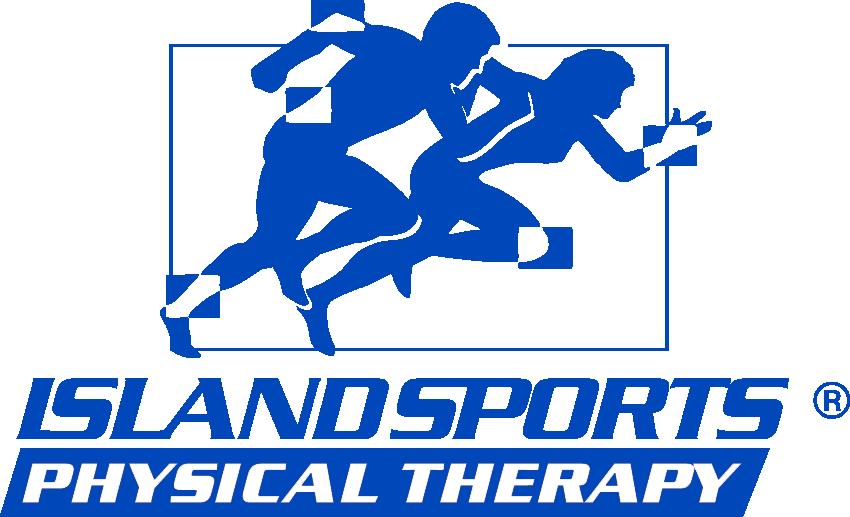Multiple Sclerosis Physical Therapy Rehabilitation
The journey through life with a chronic condition can often feel daunting, yet many find strength and inspiration in their rehabilitation experiences. For individuals affected by multiple sclerosis, engaging in dedicated therapy can significantly enhance their ability to navigate daily challenges. This individualized approach tackles physical obstacles and fosters an overall sense of health and well-being. Personal narratives illustrate how consistent exercise leads to improved mobility and a renewed sense of independence. Collectively, these facets create a roadmap toward recovery and improved quality of life for people with multiple sclerosis through comprehensive therapy and rehabilitation. Contact our team here at Island Sports Physical Therapy in Uniondale, New York.
Understanding The Role Of Physical Therapy
Effective intervention strategies are essential for individuals dealing with complex health challenges. In the case of multiple sclerosis, therapy significantly enhances mobility and alleviates this chronic condition’s burdens. Physical therapists begin with a comprehensive evaluation to identify each patient’s specific needs and goals. This personalized approach facilitates the development of targeted treatment plans to improve quality of life. A notable advantage of therapy is its capacity to manage spasticity and bolster skeletal muscle strength. Patients frequently encounter fatigue, and customized exercise regimens work to counteract this debilitating aspect. Therapists also focus on educating patients about self-management techniques, empowering them to take charge of their health care while navigating the complexities of chronic conditions like demyelinating diseases, managing spasticity, and adjusting to disabilities such as using a wheelchair to improve their overall quality of life.
Managing Symptoms Of Multiple Sclerosis
Living with a neurological disorder can bring numerous challenges that impact daily routines and overall quality of life. Individuals often experience a range of symptoms, such as weakness, which can make simple tasks daunting. Addressing these challenges involves recognizing the importance of physical activity, which is vital in enhancing endurance and promoting general well-being. Incorporating aerobic exercise, for instance, can significantly reduce feelings of fatigue and improve overall health. Utilizing assistive technology and mobility aids allows individuals to maintain independence and navigate their environment more easily. The guidance of a physician is crucial in this journey, as they can recommend appropriate aquatic therapy and assistive technology to enhance mobility, manage fatigue and weakness, and improve overall physical activity and endurance.
- Weakness affecting daily tasks Incorporating physical activity
- Feelings of fatigue Engaging in aerobic exercise
- Maintaining independence Utilizing assistive technology and mobility aids
- Need for specialized support Consulting a physician for therapy recommendations
Enhancing Mobility Through Exercise
Staying active is pivotal in promoting movement and functionality among individuals experiencing various health challenges. Regular physical activity is essential for improving mobility in patients with multiple sclerosis. Exercise helps alleviate MS symptoms, enhancing strength and flexibility. Engaging in range of motion exercises like arm circles and leg swings aids in maintaining joint function. Strength training using resistance bands or light weights can bolster muscle support. Aerobic activities such as walking and swimming improve cardiovascular health and stamina. It is crucial for people with MS to create a safe exercise program. Consulting with a healthcare provider at Island Sports Physical Therapy in Uniondale and setting realistic goals fosters a beneficial routine tailored to their capabilities. Incorporating specific exercises into the regimen can significantly enhance overall mobility and well-being.
The Impact Of Rehabilitation On Quality Of Life
For individuals facing health challenges, accessing appropriate support can significantly alter their life experience. Rehabilitation services are essential in enhancing both emotional and physical well-being, particularly for those affected by progressive multiple sclerosis. Therapy may target various aspects, such as symptoms of MS management, which can lead to notable improvements in daily functioning. Research demonstrates that tailored rehabilitation interventions effectively reduce anxiety and enhance mobility. A comprehensive rehabilitation program empowers adults with multiple sclerosis by fostering independence and facilitating social engagement.
Rehabilitation for Individuals with Multiple Sclerosis
- Rehabilitation services enhance emotional and physical well-being for those with progressive multiple sclerosis.
- Tailored rehabilitation interventions have been shown to reduce anxiety in MS patients effectively.
- Comprehensive rehabilitation programs foster independence and social engagement among adults with multiple sclerosis.
- Effective rehabilitation therapies contribute to better long-term outcomes and improved quality of life for MS patients.
Techniques For Improving Balance And Coordination
Achieving stability in movement is vital for maintaining a healthy lifestyle and enhancing mobility. Regular exercise may incorporate various practices that target body awareness and improve overall function. Static balance routines, such as single-leg stands and heel-to-toe walks, effectively strengthen the muscles needed to stay upright. Similarly, dynamic movements like walking lunges and side-leg raises can support daily coordination. Balance training tools, including Bosu balls and balance boards, can further elevate these skills. For individuals with multiple sclerosis, maintaining stability can be particularly challenging. Establishing a consistent practice schedule is essential, and working with a physical therapist can significantly enhance treatment for individuals with multiple sclerosis by tailoring exercises that address their specific symptoms and promote effective rehabilitation.
- Exercise Type Benefits
- Static Balance Routines Strengthen muscles for stability
- Dynamic Movements Support coordination in daily activities
- Balance Training Tools Enhance balance skills
- Physical Therapies for MS Tailored exercises for specific symptoms
The Importance Of Tailored Exercise Programs
Understanding the unique health needs of individuals can significantly enhance their well-being and recovery process. Customized exercise regimens are particularly essential for those diagnosed with ms, as they cater to the diverse physical symptoms experienced by patients. Given that multiple sclerosis affects each person differently, a uniform approach often fails to yield the desired results. Through thorough assessments, healthcare professionals can identify each patient’s specific requirements and limitations. This personalized strategy leads to improved outcomes, as exercise is designed based on the individual’s capacity and objectives. Regular modifications to these plans are essential to optimize the quality of life in multiple sclerosis.

